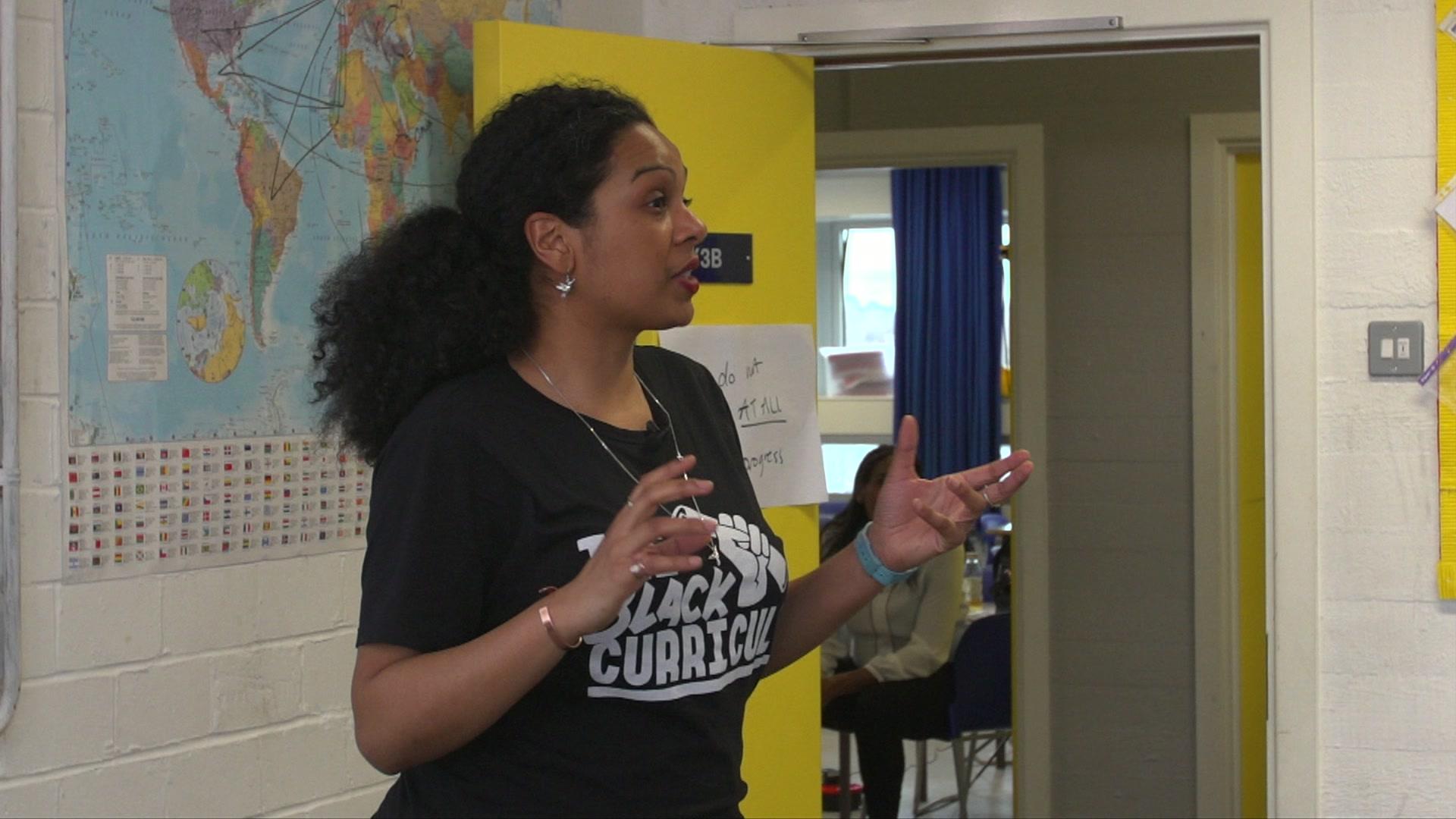New online lessons to re-examine black history
- Published
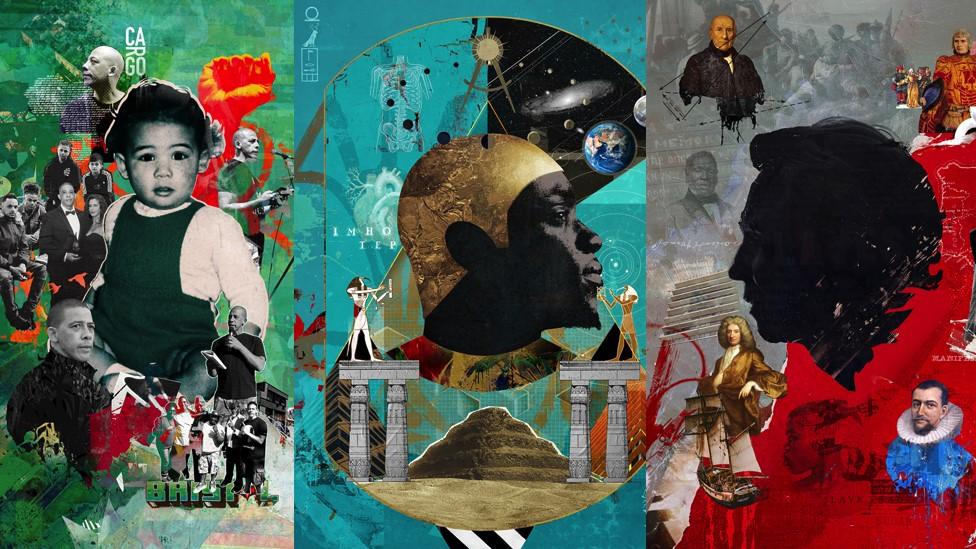
Bristol poet Laurence Hoo, ancient Egyptian chancellor Imhotep and slave trader William de la Founte are some of those whose stories are told in the lessons
A new series of free online lessons have been released for Key Stage 3 students to help them explore stories from the transatlantic slave trade.
Education group CARGO explores people like the 19th Century Jamaican activist Paul Bogle and contemporary figures such as Bristol mayor Marvin Rees.
"It's a retelling of the narrative that doesn't frame Africans as victims," said project manager Alison Hargreaves.
The first four lessons released are on the theme of "revolutionaries".
CARGO (Charting African Resilience Generating Opportunities) is a mix of artists and filmmakers who want to re-address how black history is told.
One of its founders, Lawrence Hoo, said the idea came about from the "insufficient" history teaching his children received in school.
"It's incredible that his history still hasn't been given a fair representation," he said.
"We wanted to pick stories that are inspiring, but are pretty much omitted from history in school."
Mr Hoo said he had been pushing for the project to be recognised since 2016.
"When Black Lives Matter happened, the Colston statue came down and the pandemic hit, all of a sudden what we were doing became the topic.
"It has become a tsunami of enlightenment and information," he added.
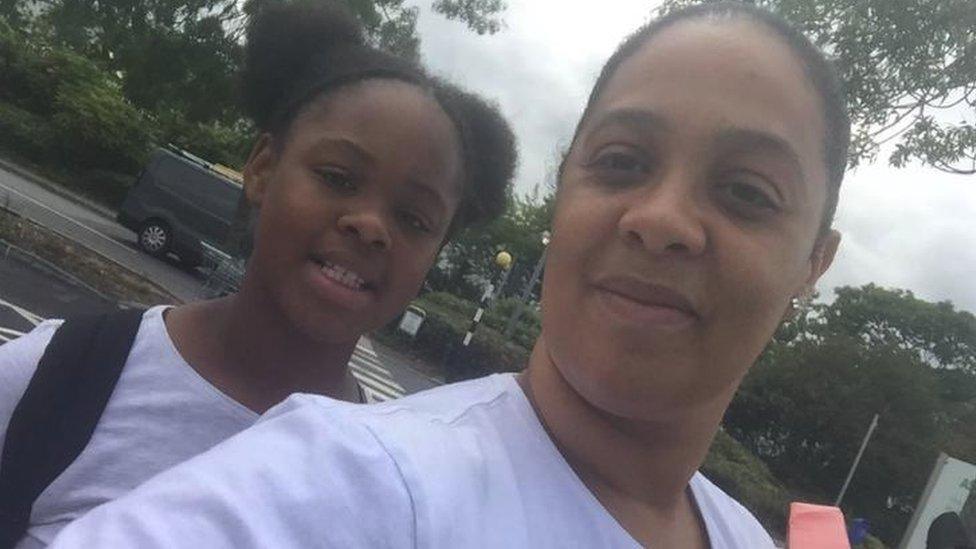
Janie Watson has used the lessons with her daughter Tikia
Mr Hoo said the lessons had already been well-received.
"A lot of people have told me that it was long-overdue, and how they've found it inspiring," he said.
Janie Watson, from Henbury, Bristol, has used the lessons while home-schooling her daughter Tikia.
"It's nice to see something positive, black history often focuses on the negatives like slavery," she said.
"Black history always teaches the same people - there's a lot more to it than Nelson Mandela and Martin Luther King.
"I have Jamaican heritage, but outside of Jamaica this history just isn't taught, and we never learned about history like this when I was at school.
"We're definitely going to do the rest of the lessons."
Related topics
- Published21 June 2020
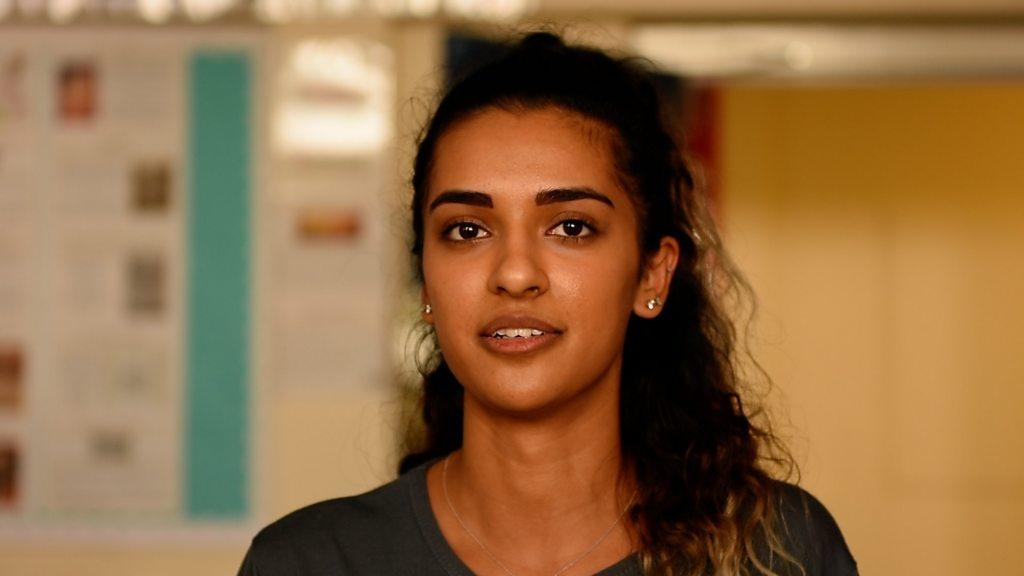
- Published9 June 2020
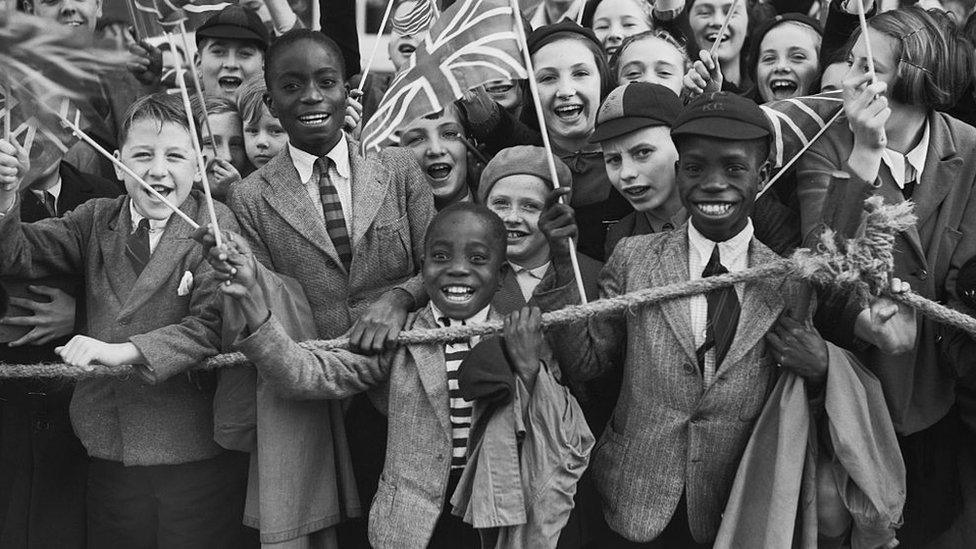
- Published6 March 2020
